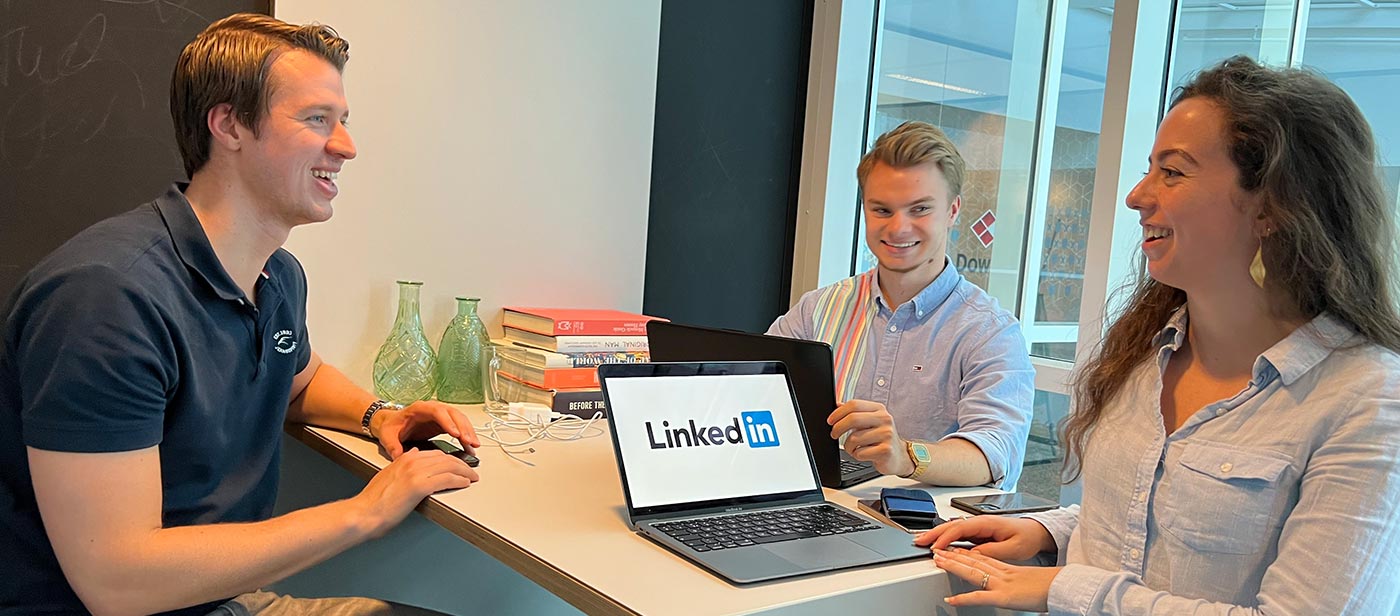Ever heard that 70% of recruiters are scoping out candidates’ online profiles before even thinking about an interview? Yep, that’s the power of personal branding. It’s not just a fancy term; it’s about letting your true professional self shine online. Think LinkedIn, think insightful posts, think that perfect profile picture that screams “I’m the expert you need.” In a sea of sameness, your personal brand is your lifeboat, making sure you’re the one people remember. Ready to see why crafting your personal brand can totally shift your business game? Let’s get into it.
Building blocks of a personal brand
Crafting a personal brand may appear overwhelming, but it is actually quite straightforward. Here’s all you need:
- Your Values: What do you stand for? These are the fundamental beliefs that guide you.
- Your Skills: What are your special skills and areas of expertise? Highlight your strengths.
- Your Personality: What distinguishes you as an individual? Allow your peculiarities and characteristics to shine through.
- Online Presence: How do you look on LinkedIn, Twitter, and other platforms? This is your digital front door.
- Reputation and Credibility: What do others say about you? Your reputation is everything.
The distinction between personal branding and reputation
Personal branding is like telling the world about your abilities, values, and personality all in one package. Reputation? That is the story others tell about you based on their interactions and encounters. Your brand guides the conversation, and your reputation serves as a feedback loop. Both are important, but your brand is your opportunity to make an impact.
The reason personal branding isn’t exclusive to influencers
Believe social media stars are the only ones with personal branding? Rethink it. It’s revolutionary for all of us:
- Advantages for job seekers: In a sea of applications, a strong personal brand helps you stand out by making you distinctive.
- Benefits to business owners: Growing your business is made easier when your brand fosters trust with partners and customers.
- Value to all employee levels: A strong personal brand may help you advance in your job and open new opportunities, regardless of where you are in your career progression.
Your personal brand is more than just an asset in the quick-paced world of digital B2B transactions. It’s your go-to tool for connecting, impressing, and achieving success like never before.
Developing a strategy for your personal brand
Introspection and exploration
Begin with some introspection. Which interests do you have? What principles motivate you? Understanding these is essential since they are the foundation of your own brand. Next, consider who your ideal customer is. You are attempting to contact who? Understanding your audience enables you to efficiently modify your message. Lastly, make specific, attainable goals. Do you wish to lead your industry as a thought leader? Obtain your ideal position? Setting clear objectives provides you with a path to take.
Developing your online presence
Your internet presence is where your own brand takes shape. Choose the correct platforms where your target audience hangs out. LinkedIn is essential for professionals, but don’t overlook alternative sites such as Twitter or a personal blog if they suit your needs. Create a consistent brand voice, which means the tone and style of your postings should reflect who you are and what you believe in. And, of course, produce high-quality content. Share your perspectives, experiences, and knowledge. Write articles, provide updates, and interact with others. The goal is to be consistent and sincere.
Networking & engagement
Creating a personal brand is not a single endeavor. Participate in industry conversations to engage your target audience. Comment on posts, join groups, and express your opinions on hot issues. This not only raises your profile, but also establishes you as an active part of your community. Building relationships with industry influencers can also help your business grow significantly. Communicate with them, collaborate if feasible, and learn from their experiences.
Overcoming common personal branding challenges
Dealing with imposter syndrome? Remember, everyone feels like a newbie at some point. Focus on your growth. Consistency can be tricky, but it’s key. Try setting up a content calendar to stay on track. Wondering if you’re making an impact? Look at your engagement, follower growth, and website traffic. Adjust your strategy based on what you find. Lastly, the digital world changes fast. Stay adaptable and keep up with new trends and technologies to keep your brand fresh and relevant.
Your personal brand journey starts now
Building a personal brand is about knowing your values, showcasing your skills, and staying consistent. Ready to stand out in the digital B2B world? Start today. Need more help? Check out our service packages to see which might fit your needs.
Frequently asked questions
What are the most common mistakes people make while developing a personal brand?
One major mistake is not being real. Attempting to be someone you are not can backfire. Another issue is inconsistency; if your message changes frequently, consumers will become confused. Finally, failing to maintain an active internet presence might harm your brand.
How long does it take to see benefits from your personal branding efforts?
It may take several months or perhaps a year to see benefits. It all depends on your consistency and strategy. Patience is crucial; keep participating and providing quality material, and you will see results.
Is it possible to rebrand yourself?
Absolutely! Rebranding is both doable and required. Begin by reassessing your objectives, values, and target audience. Gradually introduce new components of your brand while remaining true to your core theme.
Can personal branding help with professional transitions?
Yes, personal branding is an effective technique for career change. It highlights your abilities and adaptability, allowing future employers or clients to understand your value in a new function or industry.

